
The Complete Guide to Epoxy Installation in Dust-Sensitive Areas
Table of Contents The Complete Guide to Epoxy Installation in Dust-Sensitive Areas Epoxy flooring transforms
When it comes to one-of-a-kind epoxy floors, the possibilities are endless. From garages to businesses, many can benefit from an epoxy coating that makes their space unique. Epoxy coatings are among the easiest to clean and look excellent when installed by a professional.
When properly maintained, epoxy floors are long-lasting and resistant to traditional wear and tear. If you’re looking for some of the best types of epoxy flooring, we’ve listed our five top-rated epoxy floors below.
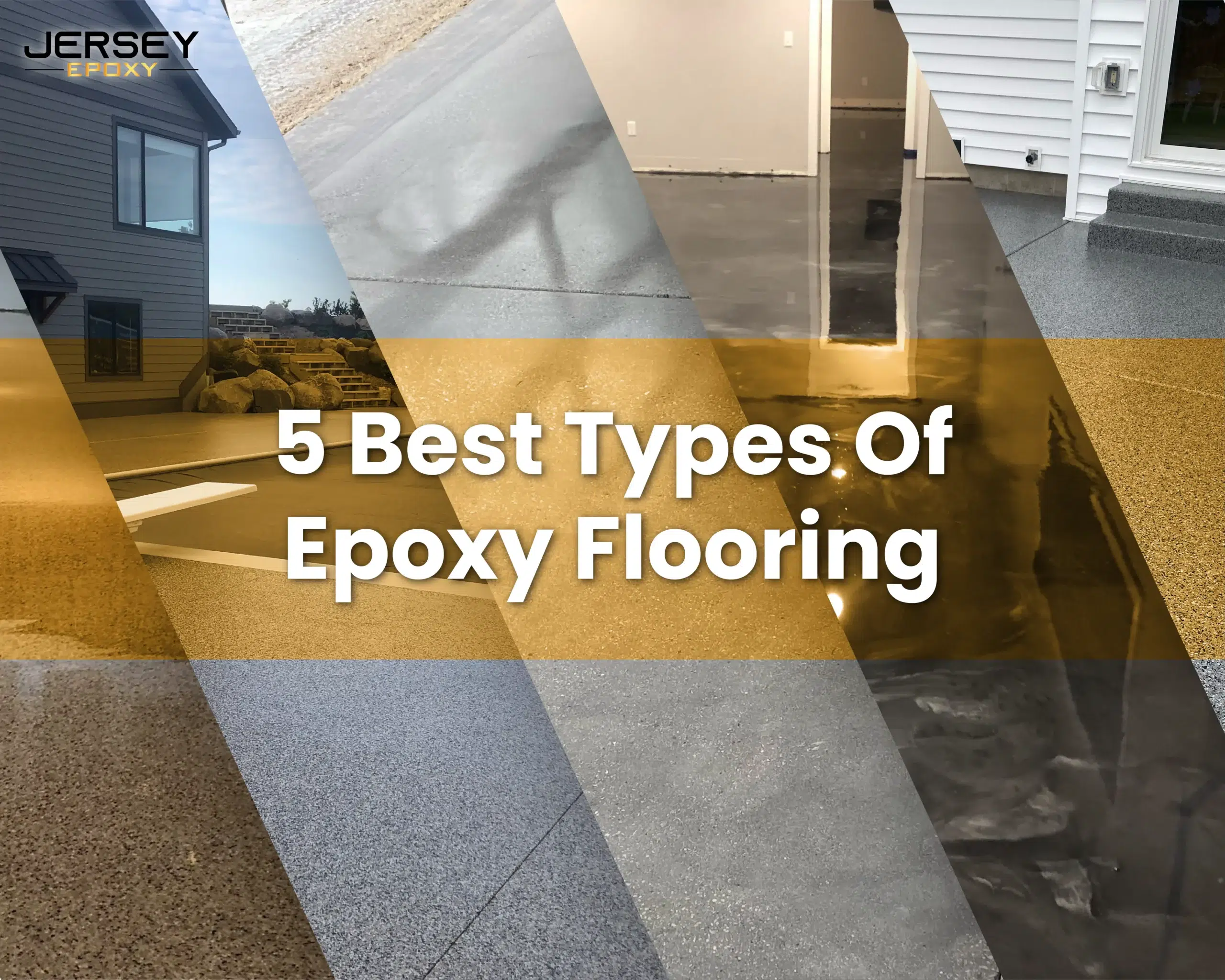
An epoxy resin coating is composed of epoxy resin and a polymer hardener. When these materials are mixed together and applied to concrete surfaces, they create the perfect blend and can cure nicely. Once the epoxy resin coating has fully cured, the surface becomes durable and abrasion-resistant.
With shiny and versatile epoxy resin coatings, they also come in various designs.
Below are the 3 different types of epoxy resin.
Novolac epoxy resin is a specialized type created for high-temperature applications where heat resistance is vital. This type of epoxy contains more phenolic rings, giving it a higher softening point than standard epoxy resin. Novolac epoxy can withstand temperatures up to 170 degrees Celsius without losing its properties.
Its heat resistance capabilities make it ideal for industrial settings. Due to its increased reactive groups, Novolac epoxy resin has a shorter pot life and faster curing time than traditional epoxy resin. Its curing reaction generates a lot of heat, so larger spaces require cooling.
Although its use is limited due to its properties and cost, it plays an essential role in extreme conditions where its formulation provides unique benefits.
Bisphenol F Epoxy resin is a type of epoxy with properties similar to those of BPA resin. However, this resin has better chemical resistance than BPA resins, particularly when exposed to strong acids. When using Bisphenol F epoxy, you’ll have anywhere from thirty minutes to a few hours of working time to apply the epoxy, smooth out drips, position parts, and make adjustments before it begins to harden.
Once fully cured, Bisphenol F epoxy has similar properties to Bisphenol A epoxy, including durability, excellent adhesion, and water and chemical resistance. However, Bisphenol F epoxy provides more flexible properties in its uncured state.
One of the most common types of epoxy resin available is Bisphenol A. This type of resin is formed by combining BPA and epichlorohydrin to create an epoxy with strong adhesive properties that can withstand water and chemicals.
Once fully cured, BPA epoxy is a durable plastic that can withstand harsh chemicals and hot temperatures. This type of epoxy has a long pot life, giving you the most time to work with it. Bisphenol A is versatile and used for adhesives, laminating, casting resins, and industrial coatings.
One of the only downsides to Bisphenol A epoxy resin is that it isn’t UV-resistant, so if you’re concerned about sunlight exposure, you’ll want to choose a UV-resistant option.
Here are the five best types of epoxy flooring you can use for your home or business.
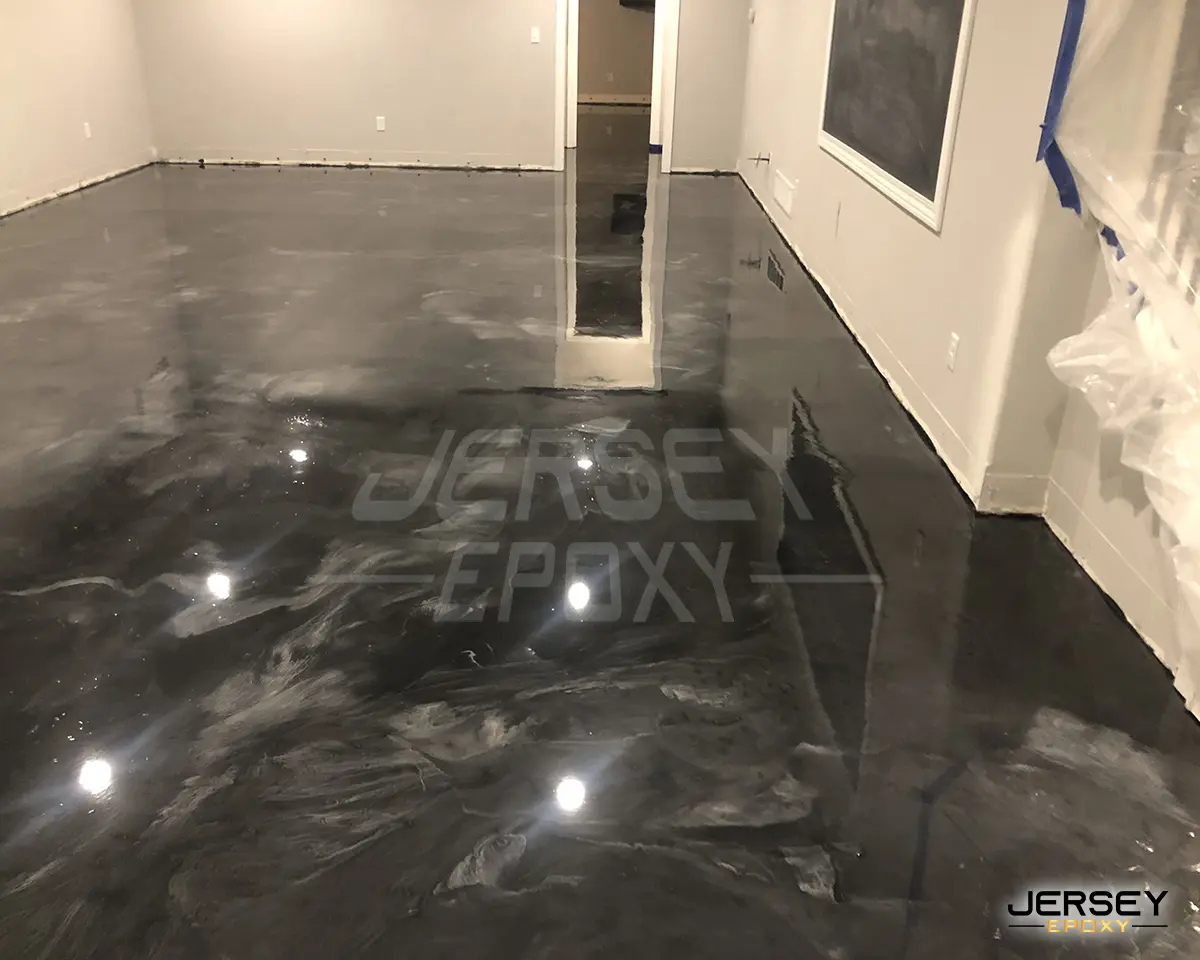
Homeowners and business owners choose metallic epoxy floors because they’re long-lasting and have a unique appearance that traditional paint doesn’t. Individuals often install metallic epoxy floors in high-traffic environments, such as retail settings, to create a stunning appearance on any surface.
Metallic epoxy flooring is a two-component, solvent-based polyaspartic with an eighty-five percent solids content. These floors give up to an hour of work time, allowing professionals to minimize the number of employees they set for a project, improve floor quality, and boost revenue.

With flaked epoxy flooring, you can turn your traditional floors into resilient, eye-catching, and stunning surfaces. Thanks to flake epoxy flooring, you can decorate your surface with color and texture. We carefully craft our flaked epoxy floors to enhance the longevity of your surfaces and take them to another level of sophistication.
With epoxy flake flooring, colorful flakes are suspended in transparent resin to create a random and organic pattern, unlike tile patterns resembling natural ones. High-performance epoxy coatings combined with flakes offer a high-quality and elegant look without the high maintenance and installation costs.
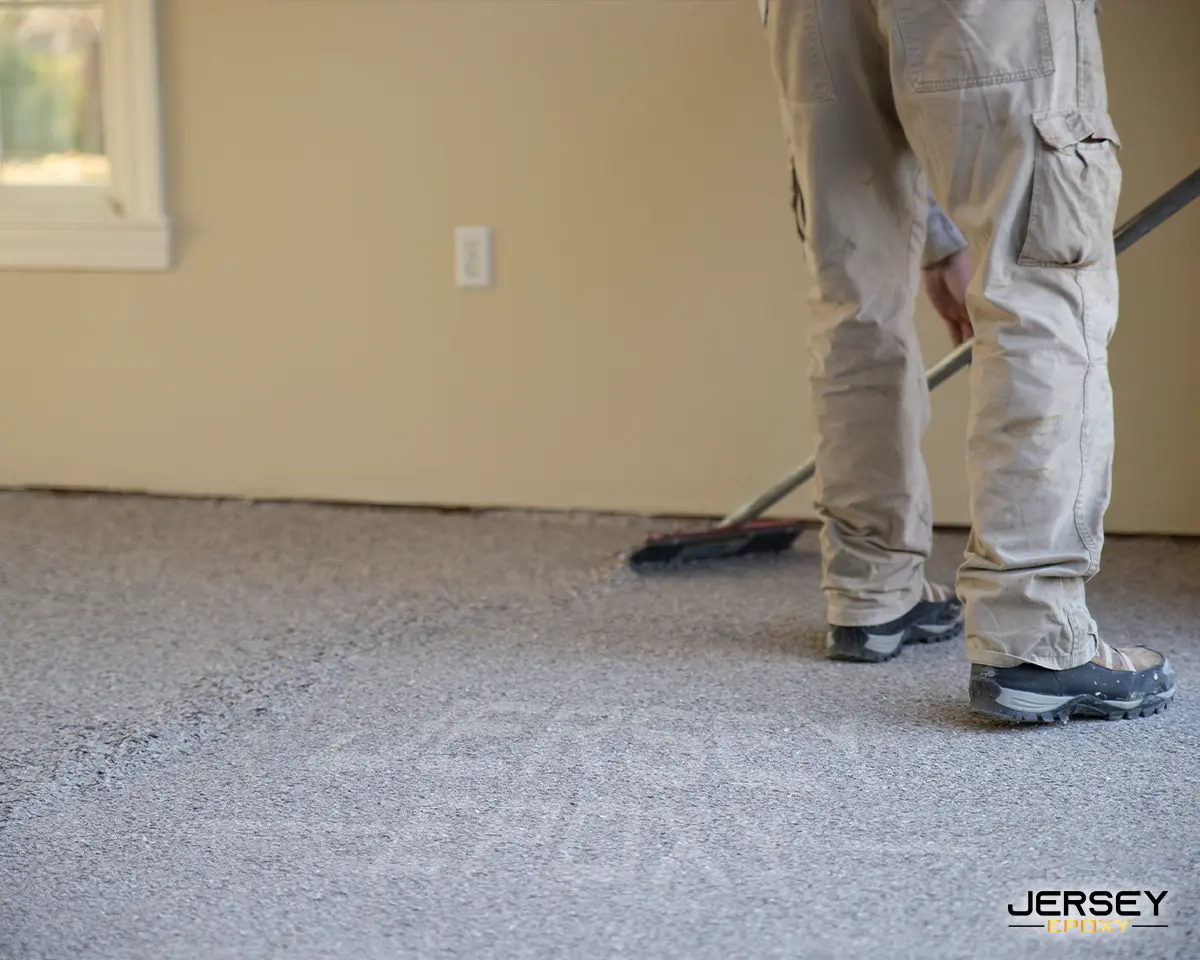
Polyaspartic coatings are a protective layer that is defined as a 100% solid, two-component, fast-curing, and UV-resistant coating system. An individual applies it by spraying, plastering, or painting the surface to prevent erosion and corrosion. A polyaspartic coating is considered tough and has properties that contribute to protecting its surface.
Since the beginning, Polyaspartic coatings have demonstrated their ability to resist outdoor elements and prove resilient in various applications. Many use polyaspartic coatings on garage floors, as well as commercial and industrial flooring. This type of floor coating is considered an alternative to epoxy coatings.
Polyaspartic coating systems are:
If you’re considering polyaspartic coatings, this option is generally more costly but well worth the result. We recommend a professional installation to ensure a seamless finish.

Often referred to as epoxy or seamless floors, resinous flooring is made for aesthetics and functionality. The layers of the flooring enable each system to be custom designed and to meet the demands of the environment in which it is being installed.
Resinous flooring is seamless, attractive, durable, and hygienic, making it suitable for many industries. It is applied to concrete by a professional or DIYer. Some systems require a primer to help bond the layers.
Next, a body coat is installed for strength and thickness, followed by a grout coat or broadcast to provide aesthetics and texture. Finally, a topcoat is applied to protect your floors against chemicals, normal wear and tear, and cleaning solutions.
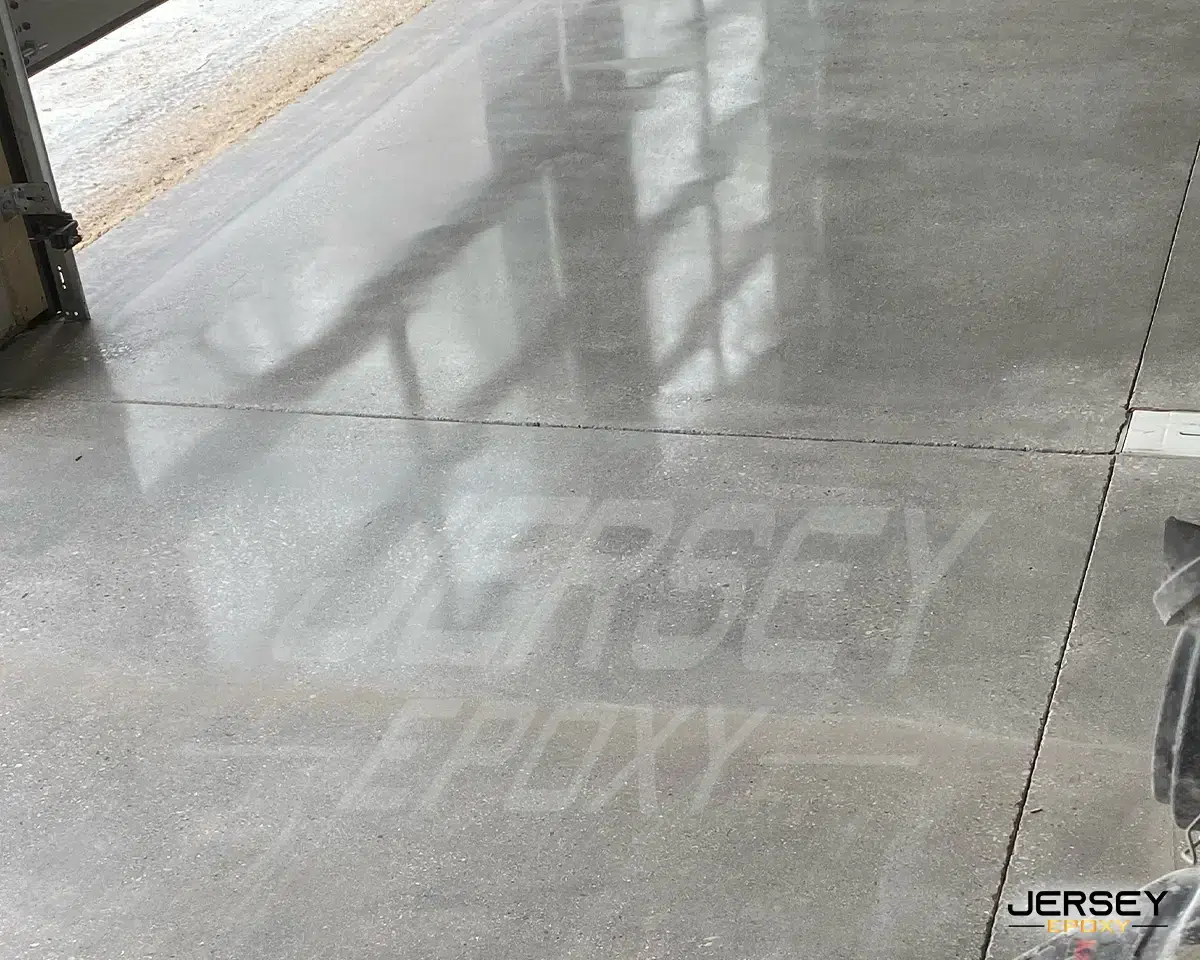
Polished concrete floors are highly durable and last longer than other flooring options. You can install this type of flooring in kitchens, commercial environments, restaurants, warehouses, and more! Since the wear surface is hard, polished concrete won’t show scuffs or scratches.
This flooring option also never requires sealers or wax, so they’re not only durable but low maintenance, too! Polished concrete floors are an excellent option as they provide abundant design options, including various styles and finishes to create customizable aesthetics. Due to their versatile aesthetics, polished concrete floors are an excellent solution for modern residential projects or offices.
Not only are polished concrete floors highly durable and aesthetically pleasing, they cost less to install compared to other flooring options. In summary, polished concrete floors are the best value flooring you can select for your new residential project.
At Jersey Epoxy, our professionals are committed to offering only the highest-quality epoxy floor coatings for residential and commercial epoxy floor projects. We bring extensive expertise and dedication to providing premium quality coatings that are essential for your comfort and needs.
Whether you need an epoxy coating on large surfaces in warehouses, factories, or residential floors, we can give you an unforgettable experience. Contact us today for professional floor installation and incredible finishes to revitalize your space.
There are many excellent epoxy floor options, including self-leveling, glitter epoxy floors, and metallic epoxy flooring.
Some types of epoxy floor coatings include self-leveling, graveled epoxy, epoxy terrazzo, and vapor barrier epoxy.
Epoxy coatings’ longevity varies based on maintenance, use, and thickness, but typically, epoxy floors can last anywhere from 10 to 20 years.

Table of Contents The Complete Guide to Epoxy Installation in Dust-Sensitive Areas Epoxy flooring transforms
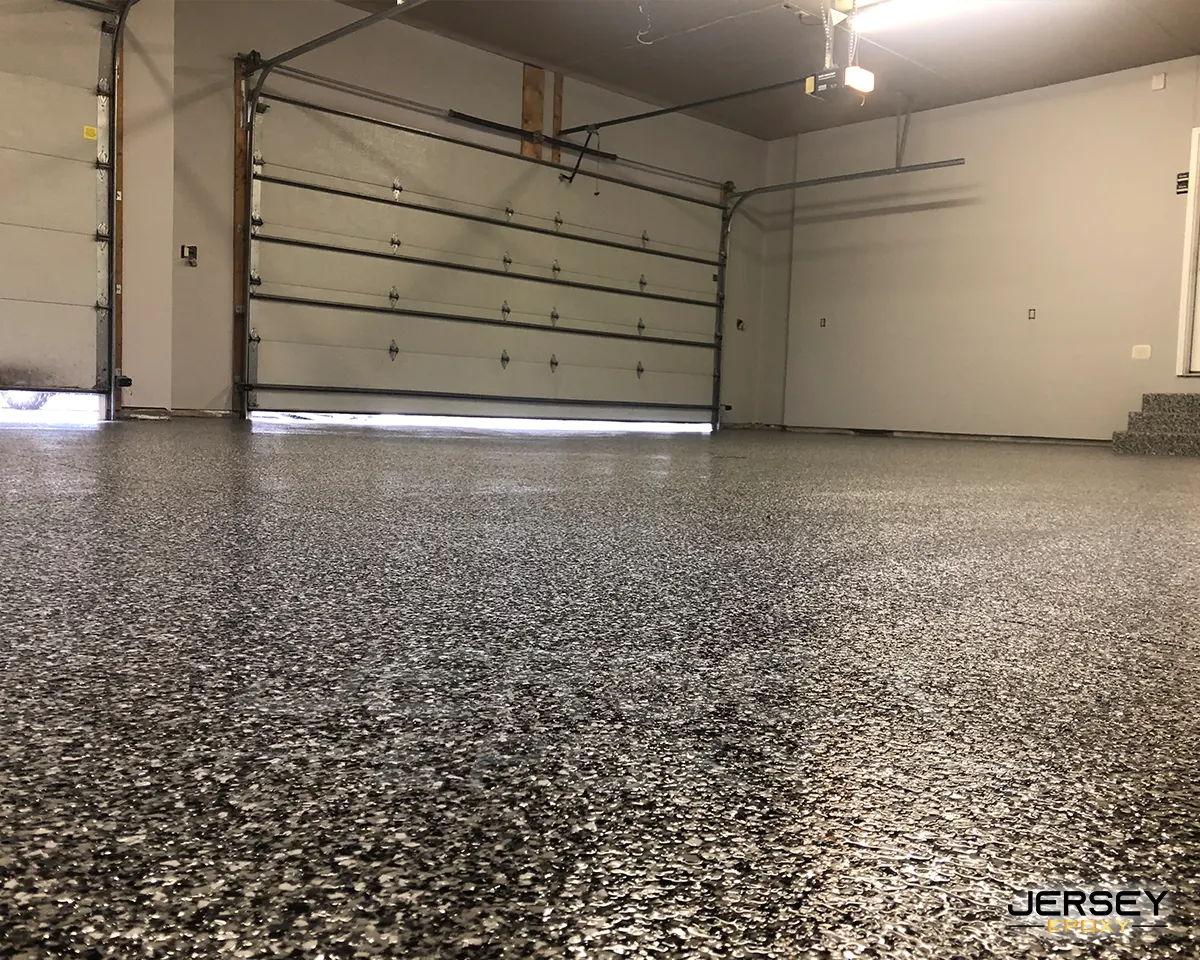
Table of Contents Epoxy Flooring For Your 2-Car Garage There are many commercial flooring options

Table of Contents How Long Does Epoxy Last in Commercial Settings? There are many commercial

Table of Contents Flaked Epoxy vs. Metallic Epoxy vs. Polished Floors Epoxy is one of
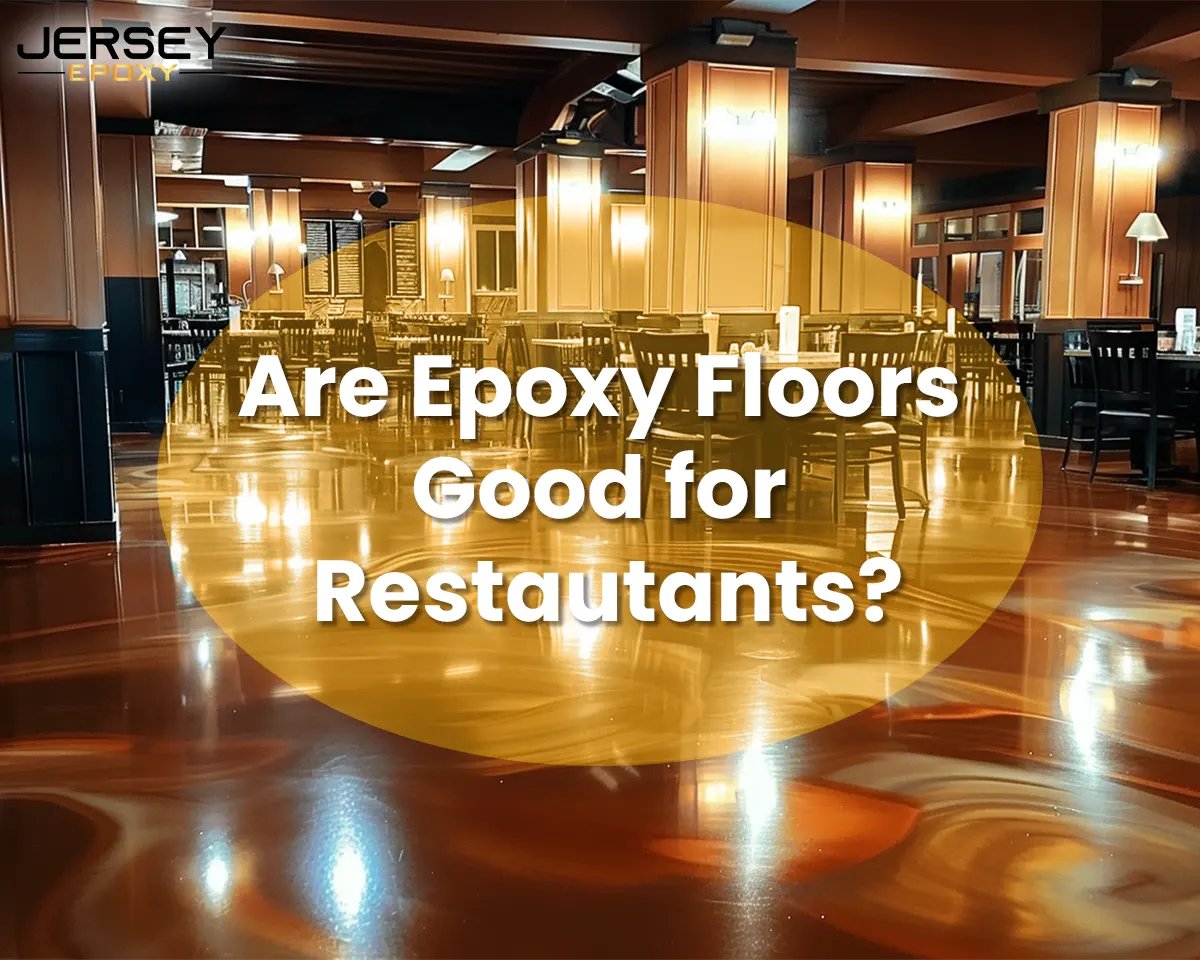
Table of Contents Are Epoxy Floors Good for Restaurants? For many restaurant owners, finding acceptable
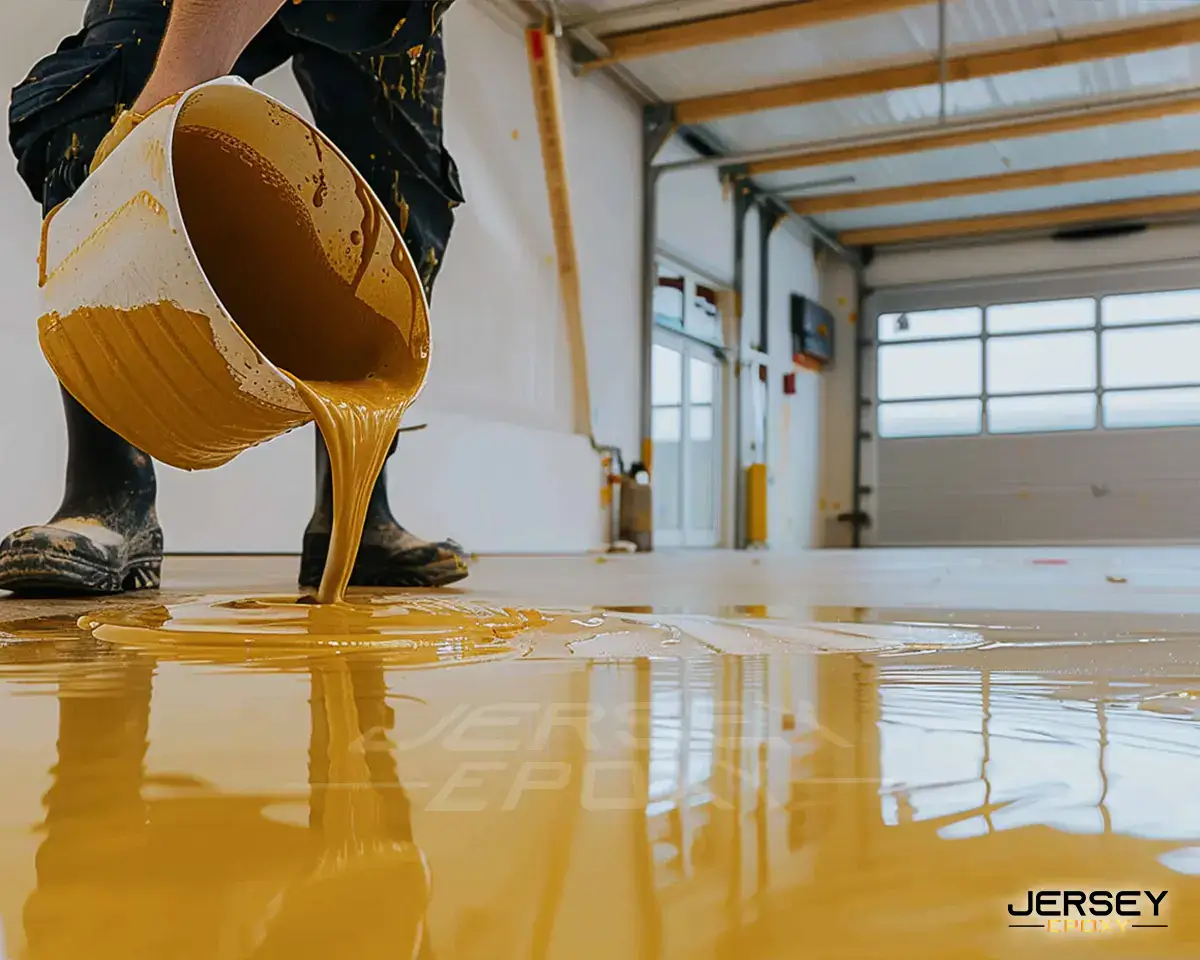
Table of Contents What You Should Know About Epoxy Flooring Epoxy floors have been a

We are dedicated to catering to you with the finest quality Epoxy Flooring that fulfills the need of your Residential, Commercial, Retail, or Industrial Flooring project.